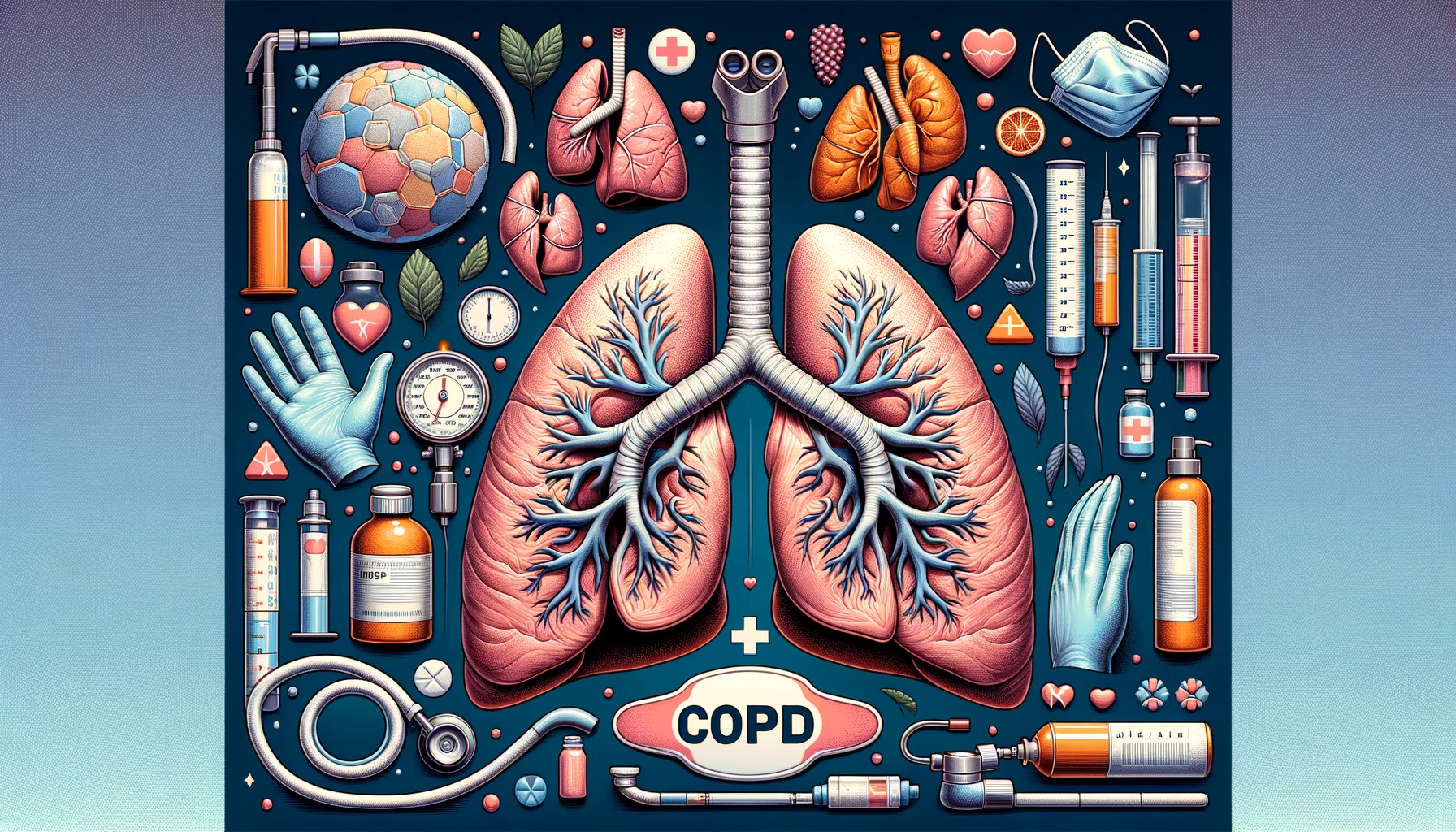As people age, they encounter various challenges that can impact their quality of life.

Blog
Common Challenges Faced by Elderly People and How to Address Them
As people age, they encounter various challenges that can impact their quality of life. Understanding the problems faced by elderly people is crucial for providing the necessary support and care. This blog will explore common problems of elderly people and offer effective solutions to help improve their overall well-being.
Health problems are among the most significant challenges faced by elderly people. Common health issues include chronic diseases such as diabetes, heart disease, arthritis, and respiratory conditions. Regular medical check-ups, proper medication management, and a healthy lifestyle are essential for managing these conditions. Encouraging seniors to stay active, eat a balanced diet, and adhere to their medical regimen can significantly improve their health.
Cognitive decline and memory loss are prevalent among the elderly, often leading to conditions such as dementia and Alzheimer's disease. These issues can affect an individual's ability to perform daily tasks and maintain independence. Engaging in mentally stimulating activities, maintaining a healthy lifestyle, and seeking early medical intervention can help slow down cognitive decline and manage its symptoms effectively.
Emotional and mental health challenges are common problems faced by elderly people. Feelings of loneliness, depression, and anxiety can arise due to the loss of loved ones, social isolation, and health issues. Providing emotional support, encouraging social interactions, and seeking professional mental health services can significantly improve the mental well-being of the elderly.
Mobility and balance issues are prevalent among older adults, leading to an increased risk of falls and injuries. These problems can result from muscle weakness, joint stiffness, and neurological conditions. Regular exercise, physical therapy, and using assistive devices like walkers and canes can enhance mobility and prevent falls, allowing seniors to maintain their independence.
Sensory impairments, such as vision and hearing loss, are common problems of elderly people that can affect communication and daily functioning. Regular eye exams, using hearing aids, and creating a safe home environment can help manage these impairments. Providing support and adaptive tools can improve the quality of life for seniors with sensory issues.
Social isolation and loneliness are significant problems faced by elderly people that can negatively impact mental and physical health. Seniors who lack social interactions may experience depression, anxiety, and a decline in cognitive function. Encouraging community engagement, fostering relationships with family and friends, and participating in social activities can combat loneliness and promote a sense of belonging.
Financial challenges are common problems among the elderly, especially for those living on a fixed income. Managing expenses, healthcare costs, and unexpected financial burdens can be stressful. Providing financial planning assistance, exploring government aid programs, and offering support through community resources can help alleviate financial stress for seniors.
Accessibility and housing are important considerations for elderly individuals. Ensuring that homes are safe and accessible can prevent accidents and improve daily living. Modifications such as installing grab bars, ramps, and stairlifts can enhance safety. Choosing suitable housing options, such as assisted living facilities, can provide additional support and security for those who need it.
Nutritional challenges are common problems faced by elderly people that can affect health and vitality. Seniors may face difficulties in maintaining a balanced diet due to changes in appetite, dental issues, or digestive problems. Ensuring a nutrient-rich diet, staying hydrated, and possibly using supplements under medical supervision can help address these challenges and support overall health.
Transportation issues can limit the independence of elderly individuals, making it difficult to attend medical appointments, social events, and run errands. Providing accessible transportation options, such as community shuttles, ride-sharing services, and volunteer driver programs, can help seniors stay connected and maintain their independence.
Understanding and addressing the problems of elderly people is essential for improving their quality of life. By providing comprehensive support, including healthcare, emotional care, and social engagement, we can help seniors lead fulfilling and dignified lives. Recognizing the unique challenges faced by the elderly and offering tailored solutions can make a significant difference in their well-being and happiness.
Health problems are among the most significant challenges faced by elderly people. Common health issues include chronic diseases such as diabetes, heart disease, arthritis, and respiratory conditions. Regular medical check-ups, proper medication management, and a healthy lifestyle are essential for managing these conditions. Encouraging seniors to stay active, eat a balanced diet, and adhere to their medical regimen can significantly improve their health.
Cognitive decline and memory loss are prevalent among the elderly, often leading to conditions such as dementia and Alzheimer's disease. These issues can affect an individual's ability to perform daily tasks and maintain independence. Engaging in mentally stimulating activities, maintaining a healthy lifestyle, and seeking early medical intervention can help slow down cognitive decline and manage its symptoms effectively.
Social isolation and loneliness are significant problems faced by elderly people that can negatively impact mental and physical health. Seniors who lack social interactions may experience depression, anxiety, and a decline in cognitive function. Encouraging community engagement, fostering relationships with family and friends, and participating in social activities can combat loneliness and promote a sense of belonging.
Need Personalized Health Guidance?
Get expert advice tailored to your specific health needs from our qualified healthcare professionals.





